DC Superior Court Judge Yvonne Williams today released a 22-page opinion in District of Columbia vs. Equity Residential Management, a lawsuit brought against the company by Attorney General Karl Racine. The case focuses on the use of “rent concessions” and false advertising to trick tenants into signing predatory leases that will result in rent increases that exceed what is permitted under DC rent stabilization laws. The suit was filed on behalf of the residents of that apartments at 3003 Van Ness Street NW and was a result of complaints about Equity Residential’s practices by the Van Ness South Tenants Association.
Judge Williams ordered that Equity Residential pay residents of 3003 Van Ness who were harmed $869,344 plus 2% interest — approximately $1 million total.
In her opinion, Judge Williams found that Equity Residential had misled prospective tenants by failing to reveal that they would be forced to sign leases with rents that were far higher than market prices and that a year later the company would attempt to enforce rent increases based on those inflated figures. Specifically, she wrote that:
“In nearly every communication with consumers, and beginning with persistent advertisements, Equity omitted, obfuscated, or otherwise misled prospective tenants into thinking that the concession pricing was the price from which an renewal increase would be determined. Equity misrepresented or omitted the accurate base price for renewals while touting that its apartments were rent-controlled as a key feature of living in the building. Every application failed to state pricing that would accurately or fully inform residents of future rent increases. Equity undoubtedly lured some residents into an initial year at concession pricing with the false belief that the rent would not skyrocket upon a lease renewal.”
However, Judge Williams declined to impose additional civil penalties on Equity Residential because she believed that Equity’s actions misrepresentation of actual rental costs were unintentional. Furthermore, she claimed that despite overwhelming evidence that Equity had demanded rent increases that far exceeded the annual percentage allowed under rent stabilization, that “Equity never violated rental housing laws.” In essence, Judge Williams accepted Equity Residential’s novel interpretation of the word “rent,” which the company claimed could be $1,000 or more above the amount actually paid per month.
Judge Williams decision was based in part on the assumption that Equity Residential had abolished “concession” pricing after the DC City Council passed the Rent Charged Definition Clarification Amendment Act in 2019, which upheld that the word “rent” in DC housing law was to be interpreted as the common dictionary meaning of the word. However, evidence shows that Equity Residential continues to this day to use “concession” pricing to force the president of the Van Ness South Tenants Association, Harry Gural, to pay an an additional $297 per month above the maximum legal rent into escrow while continues its lawsuit against him in Landlord and Tenant Court - more than $20,000 to date.
The Superior Court decision applies only to Equity Residential and its customers at 3003 Van Ness Street NW — not to the thousands of other Equity Residential tenants that have lived at its Washington DC apartments during the decade or more than the corporation and its divisions used “rent concessions” to overcharge tenants. The decision also does not apply to the large number of DC residents who have lived at properties owned and managed by other companies that used “rent concessions” to circumvent rent stabilization laws.
Both Equity Residential and the District of Columbia will have an opportunity to appeal the Superior Court decision.
